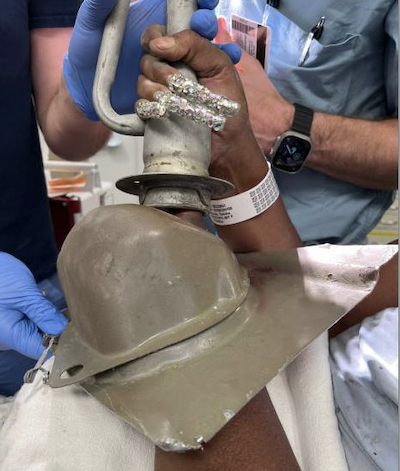EMRA+PolicyRx Health Policy Journal Club

A collaboration between Policy Prescriptions and EMRA
As emergency physicians, we care for all members of society, and as such have a unique vantage point on the state of health care. What we find frustrating in our EDs - such as inadequate social services, the dearth of primary care providers, and the lack of mental health services - are universal problems.
As emergency medicine residents and fellows, we learn the management of myocardial infarctions and traumas, and how to intubate, but we are not taught how health policy affects all aspects of our experience in the ED. Furthermore, given our unique position in the health care system, we have an incredible opportunity to advocate for our patients, for society, and for physicians. Yet, with so many competing interests vying for our conference education time, advocacy is often not included in the curricula.
This is the gap this initiative aims to fill. Each month, you will see a review of a new health policy article and how it is applicable to emergency physicians.
Want to contribute?Related Content

Mar 23, 2025
Severe Finger Entrapment in Gas Filler Cap Valve of 2003 Ford Expedition
How do you manage a case of a patient's finger stuck so completely in a Ford Explorer gas valve that EMS arrives with part of the vehicle attached to your patient? Hint: Consider the use of a nasopharyngeal tube, an angle grinder, and DoorDash.

Nov 02, 2022
Critical Care Alert: A Randomized Trial of Drug Route in Out-of-Hospital Cardiac Arrest
Every minute counts for long-term outcomes in out-of-hospital cardiac arrest. Does the route of administration for lifesaving medications play a role? This EMRA Critical Care Alert dives into the PARAMEDIC-3 trial, comparing outcomes in OHCA patients who were treated with intraosseous access versus intravenous access.





